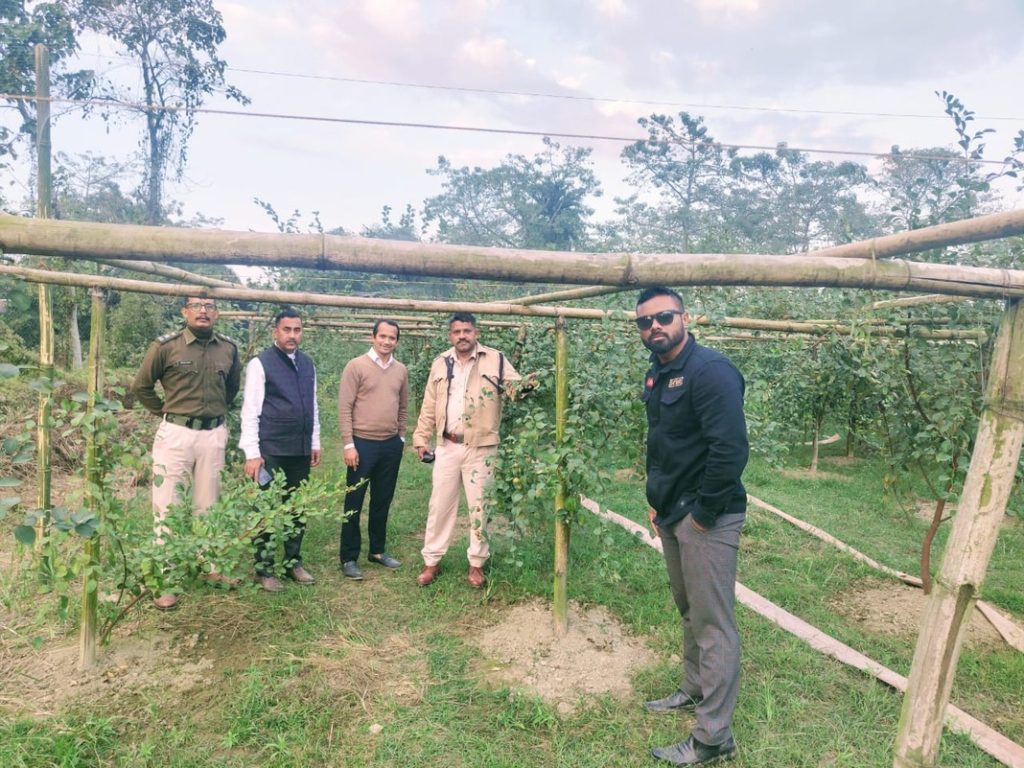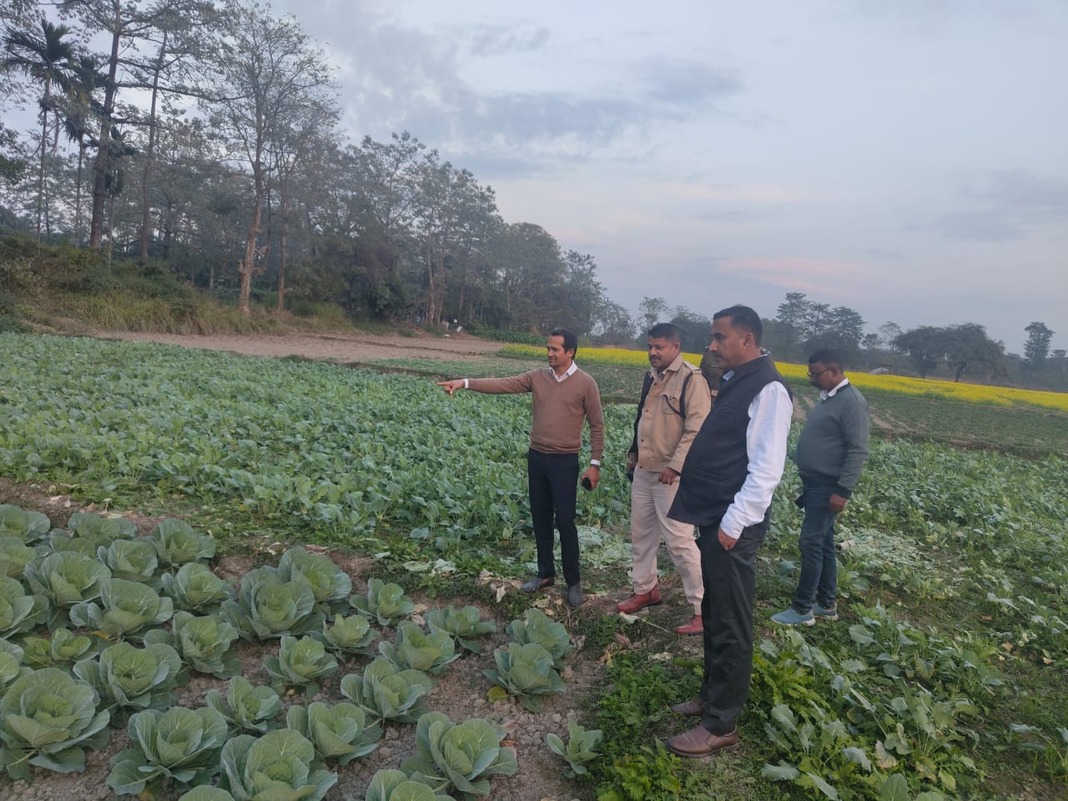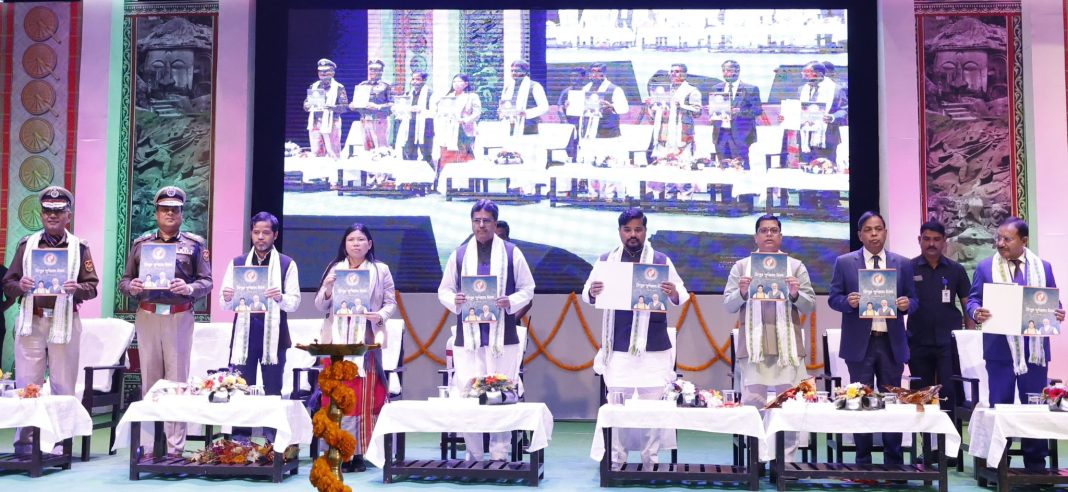Guwahati, Jan 22: The Barpeta District Jail is undergoing a remarkable transformation, turning into an agriculture hub with a thriving mixed-cropping initiative that not only generates revenue but also rehabilitates inmates by teaching them farming skills. What was once primarily a paddy cultivation area has now evolved into a diverse agricultural landscape, featuring mustard fields, fruit-laden trees, vegetable farms, a mini bee farm, and even rare crops like apple berries.
Spread over 127 bighas, the jail, which houses 413 inmates (368 males and 45 females), has undergone this transformation due to the efforts of District Jail Superintendent Pranjal Kumar Sharma and Jailer Nilutpal Kakati. Launched a year ago, the initiative has already generated over ₹1 lakh in revenue for the government from the sale of agricultural produce.
What makes this initiative unique is that inmates actively participate in farming, keeping them engaged in meaningful work while learning skills that could help them reintegrate into society. Additional District Commissioner (ADC) Jayanta Bora, who recently visited the facility, praised the initiative, emphasizing its role in rehabilitation and crime prevention.
“Agriculture in jail not only generates revenue but also provides inmates with an opportunity to develop productive skills. These activities can inspire them to lead honest lives after their release,” said ADC Bora.
A key highlight of this initiative is the small berry farm, home to 200 trees producing rare and valuable fruit varieties such as Apple Berry, Miss India, and Thailand Berry—a project believed to be the first of its kind in any Indian jail.

In addition to berries, the jail now cultivates a wide range of vegetables, including ladyfingers, mustard, ginger, brinjal, radish, cauliflower, and cabbage, a small fishery providing fresh fish for consumption and recently planted strawberries and 1,000 rose shrubs to enhance the environment for both inmates and staff.
The initiative has received widespread appreciation, and two jail officials, Jailer Nilutpal Kakati and Warder Hiteshwar Hazarika, were recently honoured by the Government of Assam for their exemplary services.
Jail authorities have emphasized the positive psychological impact of the initiative, stating that being with nature creates a peaceful, rehabilitative environment for inmates.
With its innovative approach to rehabilitation and self-sufficiency, Barpeta District Jail is setting a new benchmark for prison reforms in India, proving that correctional facilities can be centres of learning, transformation, and economic contribution.




